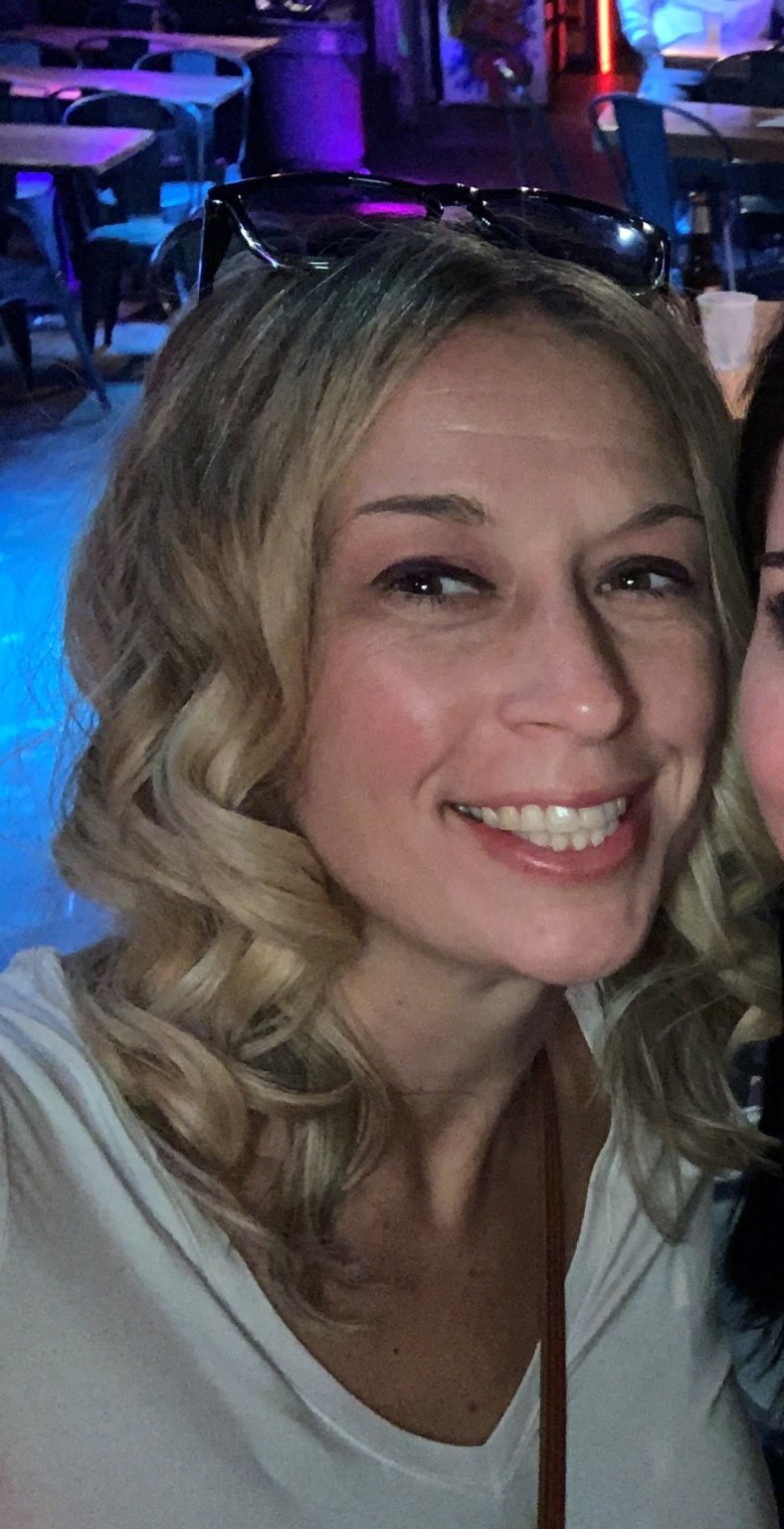Women In Survey

Alice Cunningham Fletcher was an American ethnologist, anthropologist, and social scientist. She studied and documented Native American culture. Alice is also widely considered the first female surveyor and was regarded as effective and skilled. But women in survey were still very rare.
In 1922, Irene Barclay was the first woman to qualify in England as a chartered surveyor. She and her business partner, Evelyn Perry, who qualified the year after her, made many positive impacts. Irene’s career lasted roughly 50 years. It centered around improving quality of life for the poor.
In 2022, we are living a full one hundred years since Irene Barclay broke the first of many glass ceilings. Yet apparently only 2.6% of land surveyors are female today. We spoke to some of the women in our own survey group, and they offered very insightful advice for any woman considering a profession in the field.
Ask Questions to Prevent Disasters
Her biggest advice to any female considering becoming a surveyor? “Remember your worth, even if you don’t have any surveying experience yet. Know that you’re going to have a lot to learn, but you’re an asset to an important industry. So, don’t be afraid to ask questions.”
She continued, “Questions help to clear up confusion, prevent mistakes, and even avert disaster. There are so many different hands that may take part in a project, and human error does occur. There’s been many times that I’ve gone to a project manager with a question about a project, only for them to spot a grave error that might have otherwise been missed. Take as many notes as you need to and ask away!”
Brie Strom
Another member of our Survey department is Brie Strom, Senior Project Surveyor.
She said, “My father was a surveyor and I worked for him one summer as a kid, and what seemed like the coldest weekend of every year. I began my own surveying career 23 years ago. I was licensed in North Carolina in 2006 and in New York in 2010. Then, I joined CED in 2012 in the early days of the Albany, NY office. I have been on the Board of the Eastern New York Society of Land Surveyors since 2013 and am currently serving as president.”
“Much of what I do is boundary work,” she continued. “I enjoy analyzing evidence from the field, deeds, maps and other public records and then using elements of math, science, history and law, distilling it down to a boundary solution. For me it is like solving a puzzle.”
More Diversity is Necessary
“Surveying has been a great career for me. I would encourage any woman interested to join the profession. There are so many different directions you can pursue within the field. I would love to see more young women join me and other women surveyors of my generation. The profession can’t sustain itself drawing talent from only the narrow population it has traditionally drawn from. More diversity is necessary. “
In fact, increased diversity is shown to be beneficial for a company’s bottom line, too. Market Watch reports that “diverse companies are more profitable and more likely to achieve long-term growth as an entity and in their industry…According to the McKinsey study “Why Diversity Matters,” companies in the top quartile for gender-diverse executive suites were 15% more likely to generate above-average profitability compared to the bottom quartile of companies whose executive teams were predominantly white and male.” While money should certainly not be the only motivation a company has to promote diversity, it is noteworthy.
Kristin Cunane
 Kristin Cunane is a Project Surveyor who has great advice for other women in survey. “Don’t stop pushing the glass ceiling, shatter it. Women are just as capable of being promoted at a job, and being the minority isn’t always a bad thing. I find that I get a lot of respect from my peers from being able to do my job just as efficiently as those who aren’t also moms.”
Kristin Cunane is a Project Surveyor who has great advice for other women in survey. “Don’t stop pushing the glass ceiling, shatter it. Women are just as capable of being promoted at a job, and being the minority isn’t always a bad thing. I find that I get a lot of respect from my peers from being able to do my job just as efficiently as those who aren’t also moms.”
Work-Life-Balance in Survey
She brings us to another important topic: work-life-balance. Those who work in survey often work long hours. When someone thinks of survey, they may think of jobs out in the field. However, Kristin is able to work from home to perform her job. She says that it’s the culture of the company and department that enables her to be both awesome at her job and at motherhood.
Kristin explained, “What I love most about my job is that I work for a firm that respects females. They understand that work-life-balance is important, and that being a mom is just as important as my job. I’ve never once felt that one takes away from the other.”
Work-Life-Balance at CED
 If any member of CED has a question about how to help themselves balance work and home life, they have many resources available. The Women’s Organization and Diversity & Inclusion Committees are good contacts to reach out to, as well as of course HR. We’ve also consolidated information and resources for our employee caregivers (parents, elder care givers, pet care givers, etc.) about things like benefits, maternity/paternity leave (for birthing and non-birthing parents, as well as parents who adopt and foster), babysitting, and a children’s clothes swap all in a CARE Resource Center. We also have a corporate membership with Care.com, offering Care@Work.
If any member of CED has a question about how to help themselves balance work and home life, they have many resources available. The Women’s Organization and Diversity & Inclusion Committees are good contacts to reach out to, as well as of course HR. We’ve also consolidated information and resources for our employee caregivers (parents, elder care givers, pet care givers, etc.) about things like benefits, maternity/paternity leave (for birthing and non-birthing parents, as well as parents who adopt and foster), babysitting, and a children’s clothes swap all in a CARE Resource Center. We also have a corporate membership with Care.com, offering Care@Work.
Collier Engineering & Design seeks to cultivate a culture of belonging for all employees. Recognizing the benefits of having a variety of perspectives in all situations, we will continually make conscious decisions to support Diversity & Inclusion in the workplace. Stay tuned for our upcoming blog to learn more about the Diversity & Inclusion Committee and the CED Women’s Organization!

Comments are closed.